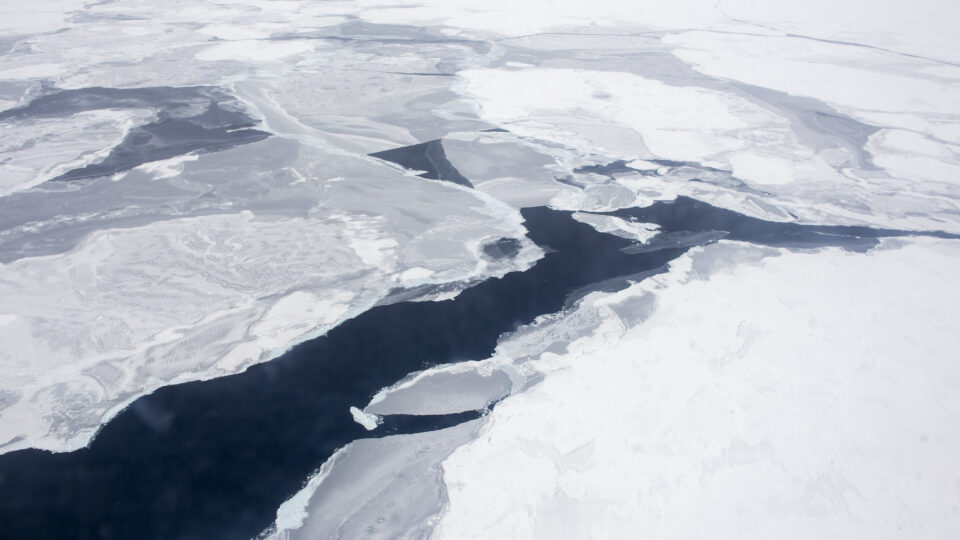According to a new study by Colorado University, Boulder, the Arctic could see summer days with practically no sea ice as soon as sometime in the next few years. Earlier predictions for when the first ice-free day in the Arctic could occur were sometime well into the 2030s.
By mid-century, the Arctic is likely to see an entire month without floating sea ice. This would likely be in September, when ice coverage is at its minimum. By the end of the century, the ice-free season could last for many months during the year.
Technically, an ice-free Arctic does not mean zero ice in the water. The working definition is less than 386,000 square miles of ice, which represents less than 20% of what the minimum ice coverage was in the 1980s. In recent years, the coverage has been about 1.25 million square miles.
Sea ice coverage is a big deal because many Arctic animals rely on sea ice for survival, including seals and polar bears. With warmer ocean water, invasive fish species could move into the Arctic Ocean, upsetting local ecosystems. Sea ice loss also is a risk for coastal communities because the ice buffers the impact of ocean waves on the coastal land. As the ice retreats, ocean waves would get bigger, eroding the coasts.
At this point, an ice-free Arctic is basically inevitable, but its annual duration will depend on society’s efforts to reduce carbon emissions. Lengthy periods of minimal sea ice would transform the Arctic into a completely different environment with global effects that are mostly highly undesirable. However, Arctic sea ice is resilient and could return fairly quickly if the atmosphere cools down.
**********
Web Links
The Arctic could become ‘ice-free’ within a decade
Photo, posted July 9, 2022, courtesy of Reiner Ehlers via Flickr.
Earth Wise is a production of WAMC Northeast Public Radio








